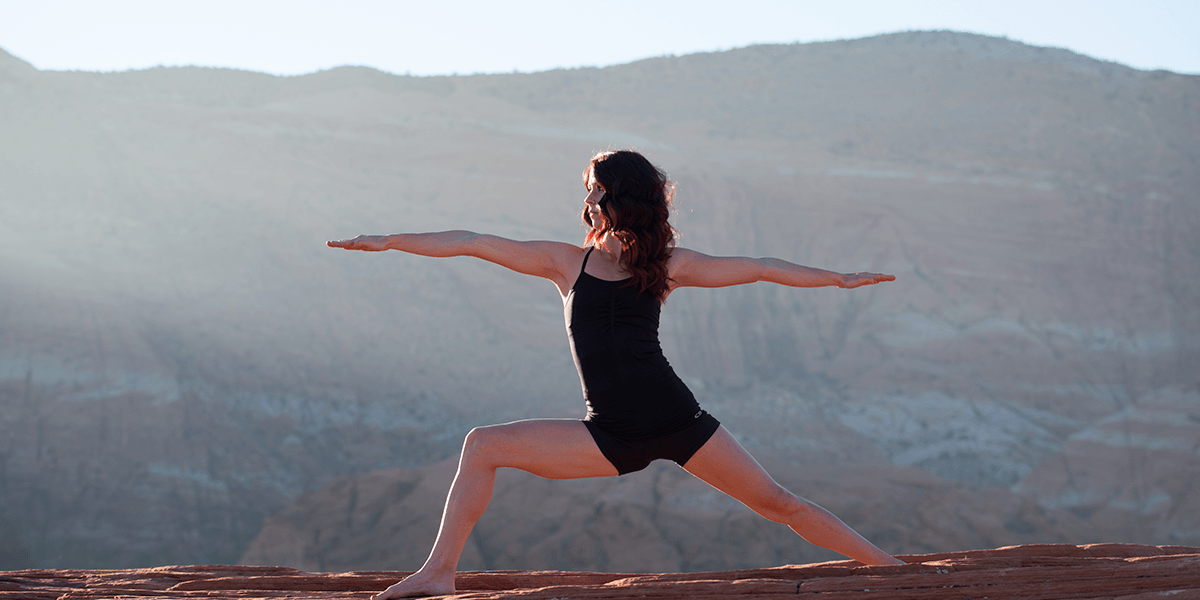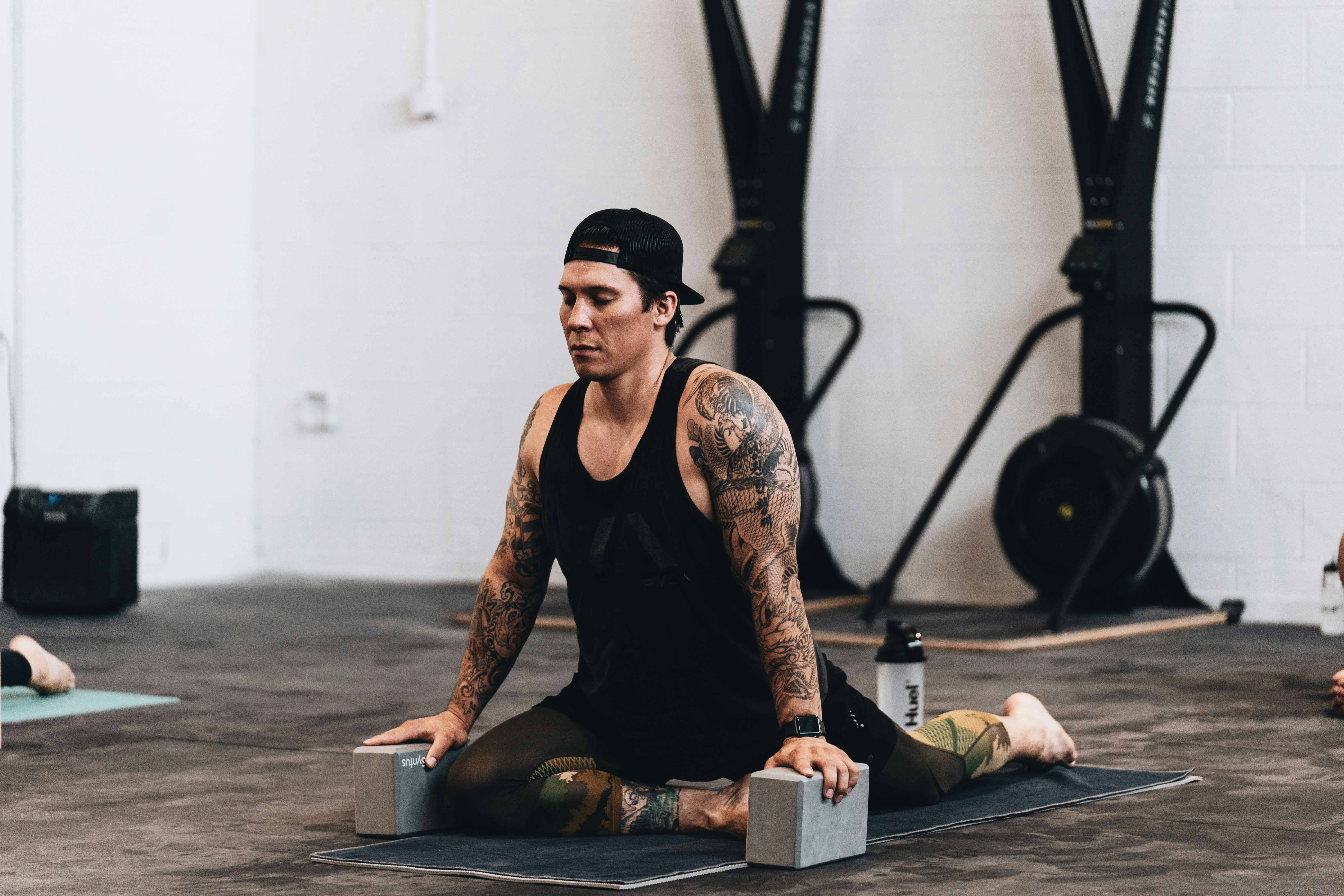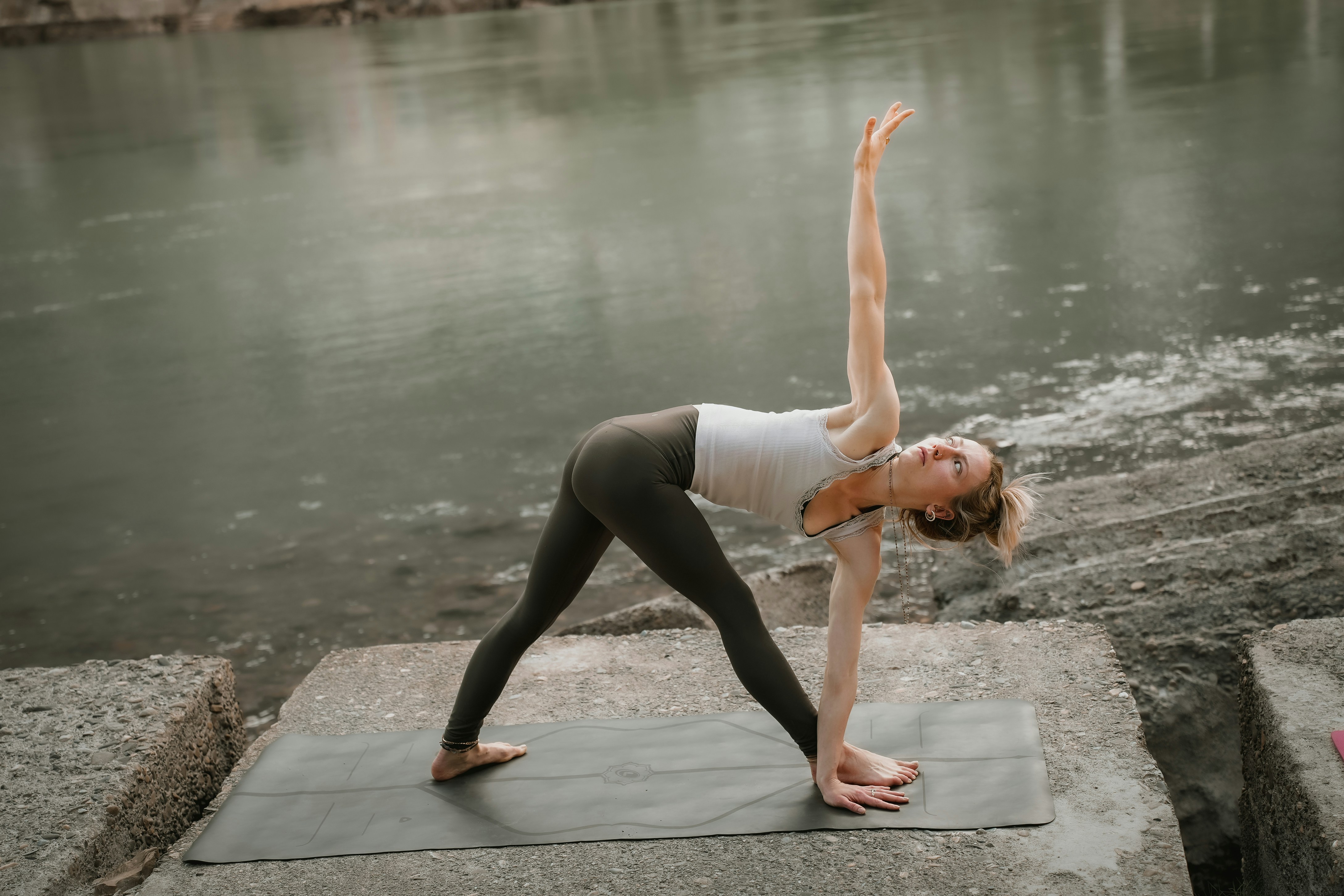Practice
Things You Must Know Before Starting Yoga

When you first step into the world of yoga, it can feel overwhelming. There’s so much to learn, so many different types of classes, and countless variations of poses. However, as someone who has been practicing yoga for several years now, I can confidently say that the journey is worth it. Yoga brings numerous physical, mental, and emotional benefits, but before diving in, there are a few key things you must know before starting yoga. These tips and insights will help set you up for success and create a positive experience as you begin your practice.
Finding the Right Yoga Class
One of the first things you must know before starting yoga is how to find the right class for you. Yoga is not a one-size-fits-all practice. There are many styles of yoga, each with its own focus and intensity. If you are a complete beginner, I would recommend starting with a class that is specifically designed for beginners. These classes tend to offer slower-paced instruction, focus on fundamental poses, and provide clear guidance on alignment and breathing techniques.
Additionally, there are various types of yoga classes to choose from, such as Vinyasa, Hatha, Yin, or even restorative yoga. If you have specific goals, like building flexibility or reducing stress, you should look for classes that emphasize those areas. Vinyasa yoga, for instance, is known for its flowing sequences of poses, which can be great for building strength and flexibility. In contrast, restorative yoga is much slower-paced and focused on relaxation, ideal for stress relief and gentle stretching.
Exploring different classes and styles can help you discover what resonates with your body and mind. Be open to trying different classes until you find one that fits your needs and personal preferences.
Progress Takes Time: Don’t Rush It
Another important thing you must know before starting yoga is that progress takes time. Yoga is a journey, and it’s normal to feel like you’re not “good” at it in the beginning. It’s easy to compare yourself to others, especially when you see experienced yogis performing impressive poses. However, yoga is about your own personal growth and connection with your body, not about meeting a standard or competition.
When I first started yoga, I struggled with certain poses, and I often felt frustrated when I couldn’t hold a pose as long as others in the class. But over time, with consistent practice, I began to see improvement. Flexibility and strength build gradually, and it’s important to remind yourself that every step forward, no matter how small, is progress. Patience is a key part of yoga, and understanding this early on will help you stay committed and motivated.
Remember, there’s no rush. Yoga is not about perfection, but about being present and connecting with your body. It’s about allowing yourself to be where you are today and trusting the process.
Breathing: The Foundation of Yoga
One of the most crucial things you must know before starting yoga is how important breathing is to the practice. You might not realize it at first, but the breath is the foundation of yoga. In many yoga classes, the instructor will guide you to sync your movements with your breath. For example, you may be instructed to inhale as you reach your arms overhead and exhale as you fold forward.
Breathing in yoga is more than just a physical act; it’s a way to calm the mind and increase focus. If you’ve ever felt stressed or anxious during yoga, focusing on your breath can help you refocus and bring your mind back to the present moment. One of the breathing techniques often used in yoga is called Ujjayi breath, which involves inhaling and exhaling through the nose while creating a soft hissing sound in the throat. This type of breath can help to deepen your practice and create a sense of calm.
Learning to breathe mindfully and using breath as a tool to anchor your focus is one of the most valuable aspects of yoga. As you become more comfortable with the breathwork, you’ll start to notice how much it enhances your experience on the mat.
Comfortable Clothing is Essential
As you begin your yoga practice, another thing you must know before starting yoga is the importance of wearing comfortable clothing. Yoga involves a lot of movement, and it’s important to wear clothing that allows you to move freely without any restrictions. You don’t need fancy or expensive workout gear to practice yoga—simple, comfortable clothing will do just fine.
I personally prefer wearing stretchy leggings and a fitted top, which allows for freedom of movement while still providing support. The key is to choose clothing that won’t shift or get in the way as you move through different poses. For instance, baggy clothes or loose-fitting items might slide around during your practice, causing distractions.
If you’re attending a class that’s heated, such as hot yoga, you’ll want to opt for breathable and moisture-wicking materials that will keep you cool and dry. But again, the most important thing is that you feel comfortable in what you’re wearing.
Listening to Your Body
One of the most important principles in yoga, and something you must know before starting yoga, is the importance of listening to your body. Yoga isn’t about pushing yourself to the limit or trying to perform a pose perfectly. It’s about honoring where you are in your body and practicing with awareness.
I’ve learned that if something doesn’t feel right, I should adjust the pose or even take a break. Yoga is not about forcing your body into shapes it’s not ready for. It’s about respecting your body’s limits and working within them. If a particular pose feels uncomfortable or causes pain, it’s okay to use props, like blocks or straps, to make the pose more accessible.
Listening to your body also means taking care of yourself outside of class. Remember to rest when needed, and give yourself permission to take breaks if you’re feeling fatigued. Yoga teaches us to honor our body’s needs and to practice with compassion and kindness.
Consistency is Key
Another thing you must know before starting yoga is that consistency is key. While yoga can provide immediate benefits, such as stress relief and relaxation, its long-term effects come with regular practice. You don’t have to commit to long hours of practice each day. Even just 20-30 minutes of yoga a few times a week can make a significant difference in your flexibility, strength, and mental well-being.
At the beginning of my practice, I would attend classes sporadically, and I didn’t notice much change. But as I started practicing more consistently, I began to see improvements in my flexibility and strength. I also felt more balanced emotionally, and I was able to manage stress more effectively.
Final Thoughts
Yoga is a transformative practice, and by understanding the things you must know before starting yoga, you’ll be better prepared to embrace the journey. Start slow, listen to your body, and don’t rush your progress. With consistency, patience, and an open mind, you’ll soon find that yoga becomes a fulfilling and essential part of your life. So, take a deep breath, step onto the mat, and enjoy the journey of growth and self-discovery.











